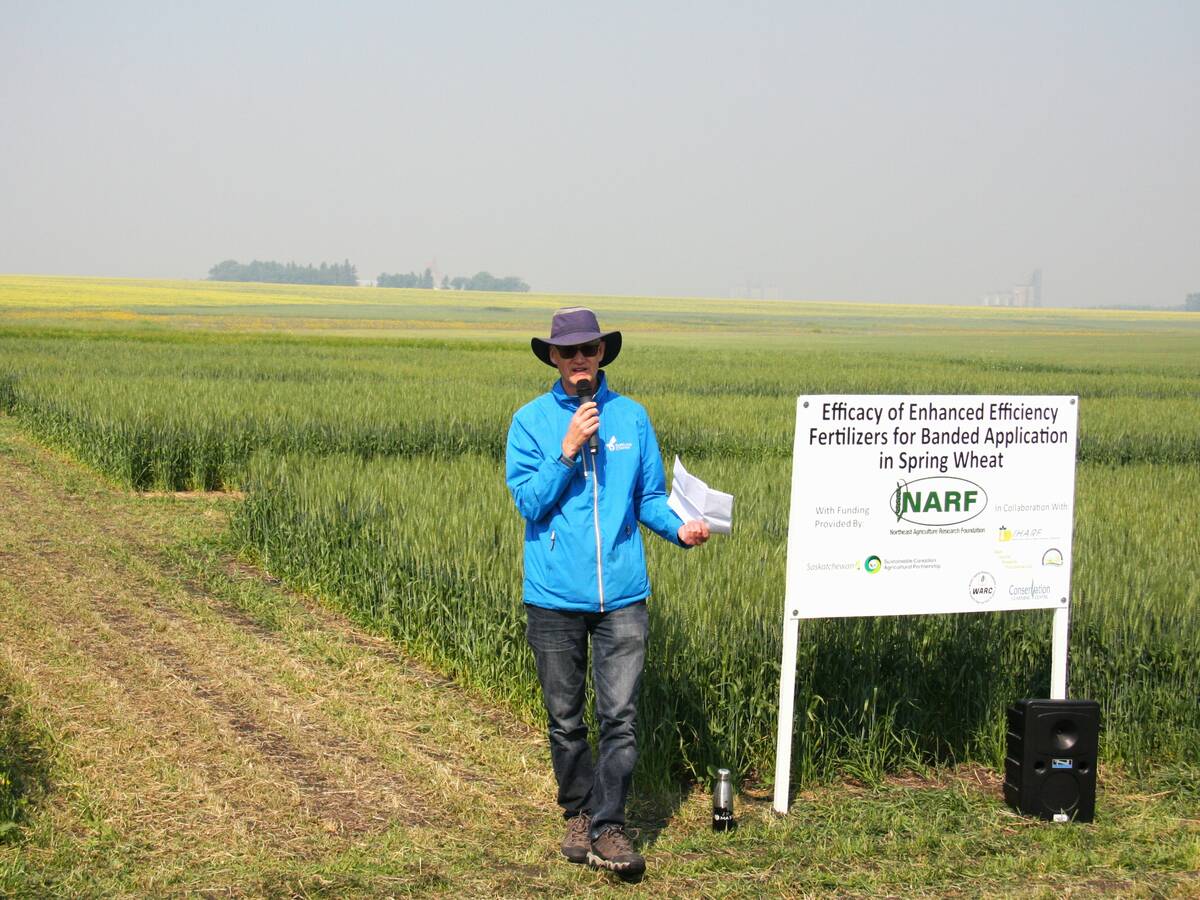PARIS, France (Reuters) – Oil company BP may start commercial production of new types of biofuel next year, the head of the group’s biofuel division has said.
BP could launch commercial production of grass-based ethanol in the United States in 2010 with partner Verenium, which already has a demonstration cellulosic ethanol facility, said Philip New, chief executive officer of BP Biofuels.
BP is also planning to launch in 2012-13 commercial output of biobutanol at a biofuel plant to be built in the United Kingdom, he said.
Read Also

Fertilizer method’s link to emissions studied
A researcher says others studying greenhouse gas emissions aren’t considering how the loss of nitrogen into the atmosphere correlates with fertilizer application or if there is an impact to yield.
The oil company is building a wheat-based ethanol plant near Hull in eastern England in partnership with British Sugar and chemicals group DuPont that is due to come online next year, and plans to retrofit the facility to convert it to biobutanol.
Biobutanol represents an attractive alternative to established ethanol because it allows higher blending levels without changing regulations, vehicle technology or distribution networks, New said.
“Biobutanol can provide a door through the blend wall, which I would argue is the key structural barrier to the growth of this industry over the next five to 10 years,” he said in a presentation at the World Ethanol 2009 conference.
Through a $200 million US joint research venture in the United States, BP and DuPont are developing a chemical process to produce biobutanol and will pilot the technology at a demonstration facility next year at the Hull plant.
Biobutanol production at Hull would use wheat as feedstock and would offer similar emissions and cost levels to ethanol, he said.
As part of its biofuel investments, BP is also involved in research using algae as feedstock and is investing some $1 billion in sugar cane-based biofuel activities in Brazil.
To compete with fossil fuels in the future, biofuels would have to succeed without subsidies and keep costs within $1 a gallon on a volume basis, New said.
“If you can’t chin that bar, you’re not going to be able to compete in the long run,” he said, stressing that sugar cane is the most cost-efficient feedstock.
















